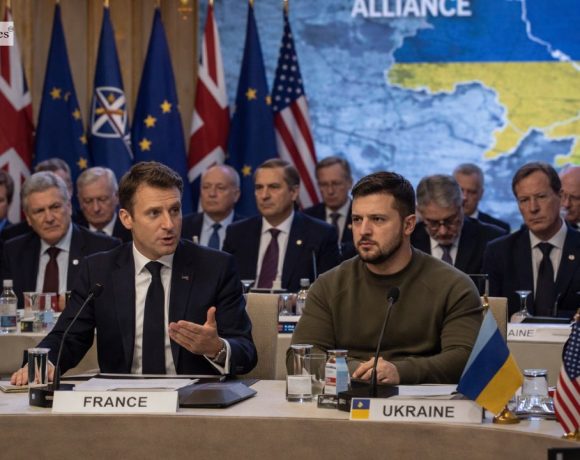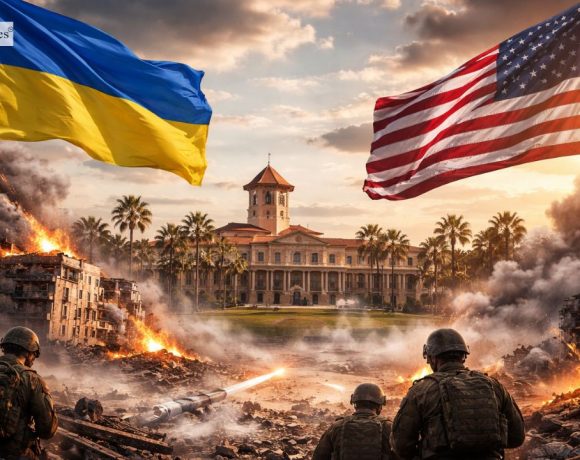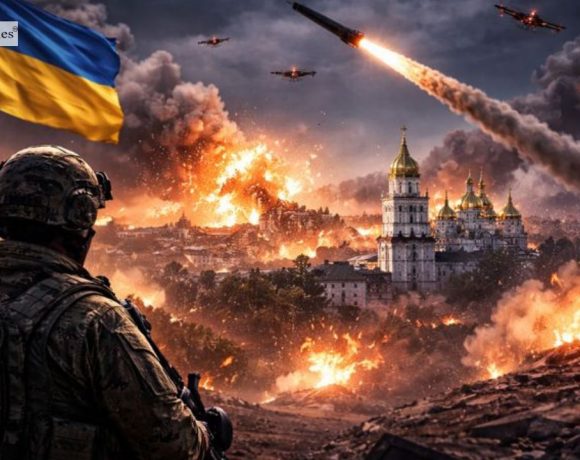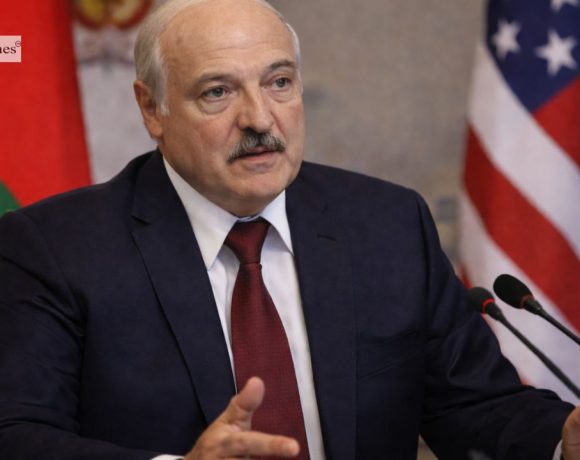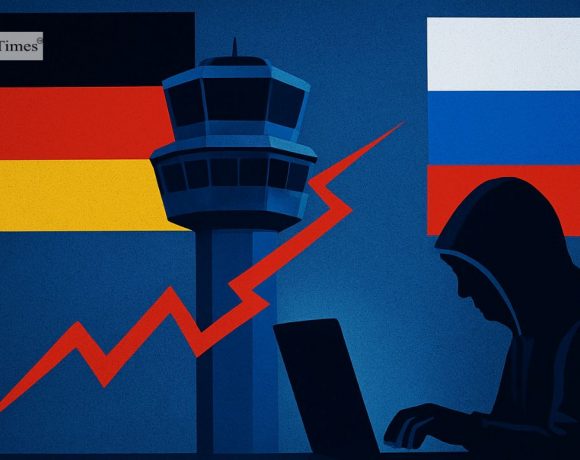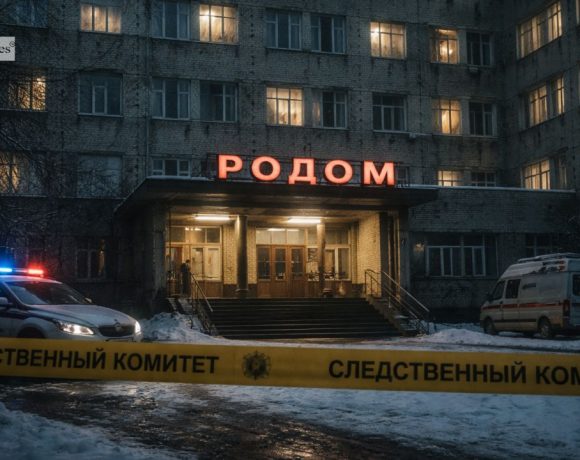
Russian authorities have launched a criminal investigation into the deaths of nine newborn babies at a maternity hospital in the Siberian city of Novokuznetsk, following suspicions of medical negligence. The country’s Investigative Committee said hospital staff are being questioned, medical records have been seized and forensic examinations are under way to establish the cause of the deaths.
The hospital said it had treated 32 infants in intensive care since December 1, including 17 in critical condition suffering from severe intrauterine infections. While it maintained that all newborns received treatment in line with clinical guidelines, it confirmed that nine babies did not survive. Four infants remain in intensive care, while another four have been transferred to a different medical facility.
The case has sparked widespread public outrage, with the governor of the Kuzbass region, Ilya Seredyuk, suspending the hospital’s chief doctor pending the investigation. The incident has triggered angry reactions on social media and renewed scrutiny of Russia’s healthcare system, especially as authorities seek to boost the country’s low birth rate. The hospital has since suspended new admissions, citing a surge in respiratory infections and the introduction of quarantine measures.
Pic courtesy: google/ images are subject to copyright

